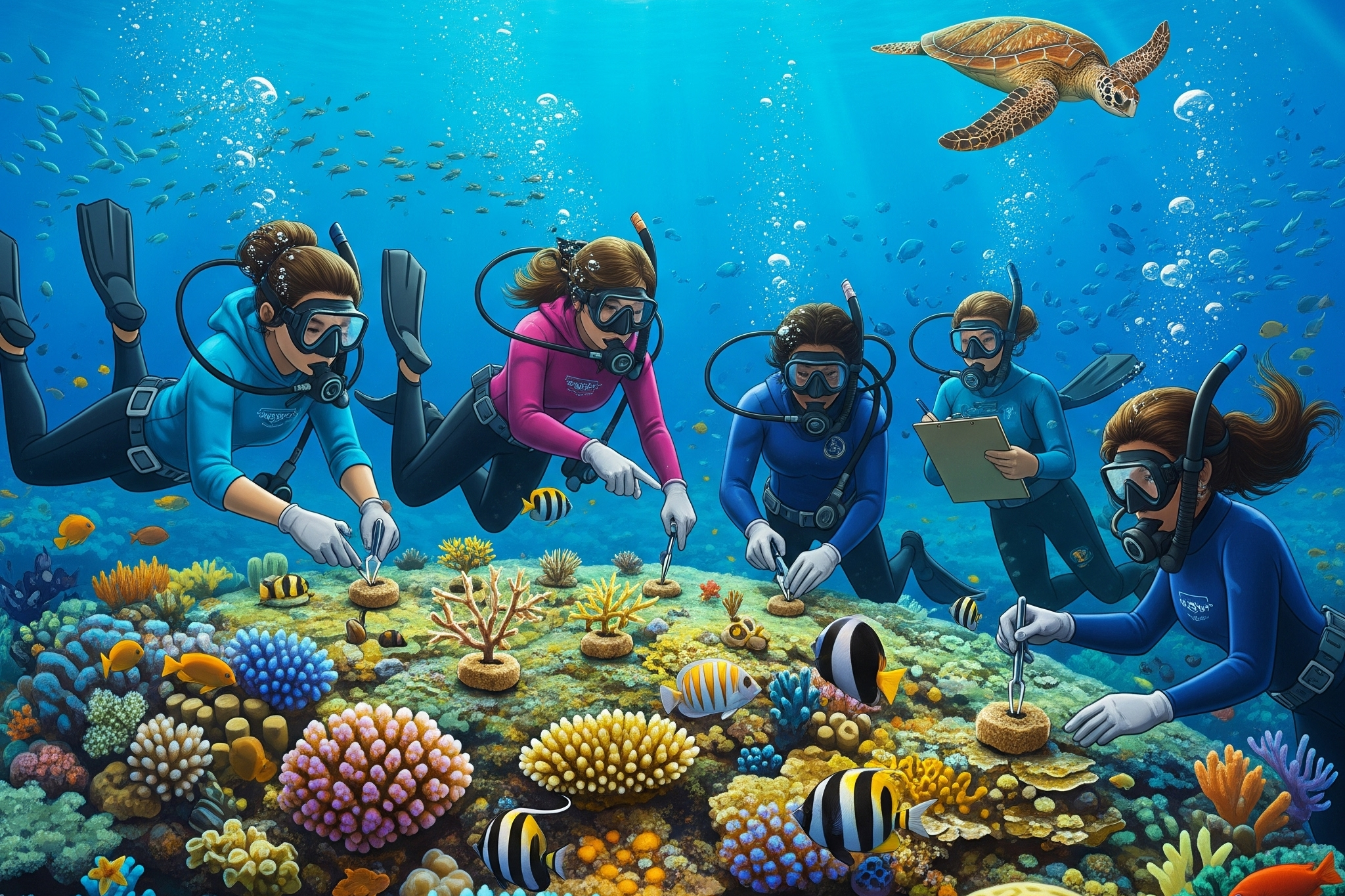Often called the “rainforests of the sea,” coral reefs are not just breathtakingly beautiful, but they are also profoundly important ecosystems. They support an incredible diversity of marine life, protect coastlines from erosion, and are a source of livelihood for millions of people worldwide. However, these vital habitats are under severe threat from climate change, pollution, and physical damage. The maritime industry, which relies on healthy oceans, has a crucial role to play in their protection, and a wave of new initiatives is bringing hope for their survival and restoration.
The threats to coral reefs are multifaceted. Rising sea temperatures and ocean acidification, driven by climate change, can lead to coral bleaching—a process where corals expel the algae living in their tissues, turning them white and vulnerable. Additionally, pollution from land-based runoff and physical damage from anchors, groundings, and dredging can cause direct and long-lasting harm to these fragile structures. Recognizing their shared responsibility for the marine environment, many in the shipping and maritime sectors are stepping up. This includes rerouting ships to avoid sensitive reef areas, adopting stricter waste management protocols to prevent pollution, and investing in advanced anchoring systems that minimize seabed disturbance.
Beyond preventative measures, exciting new scientific and conservation efforts are underway to actively restore damaged reefs. One of the most promising techniques is coral gardening, or microfragmentation, where small pieces of coral are grown in underwater nurseries and then “outplanted” back onto degraded reefs. This process can accelerate coral growth rates significantly. Scientists are also exploring innovative approaches like assisted evolution to breed more resilient coral species that can better withstand warmer and more acidic ocean conditions. These initiatives often involve partnerships between local communities, conservation organizations, scientific institutions, and corporate sponsors, creating a powerful coalition for change. The health of our oceans and the future of our coral reefs are intrinsically linked to the sustainability of global industries. These new initiatives are a testament to what can be achieved when we work together to protect these precious underwater ecosystems for generations to come.


